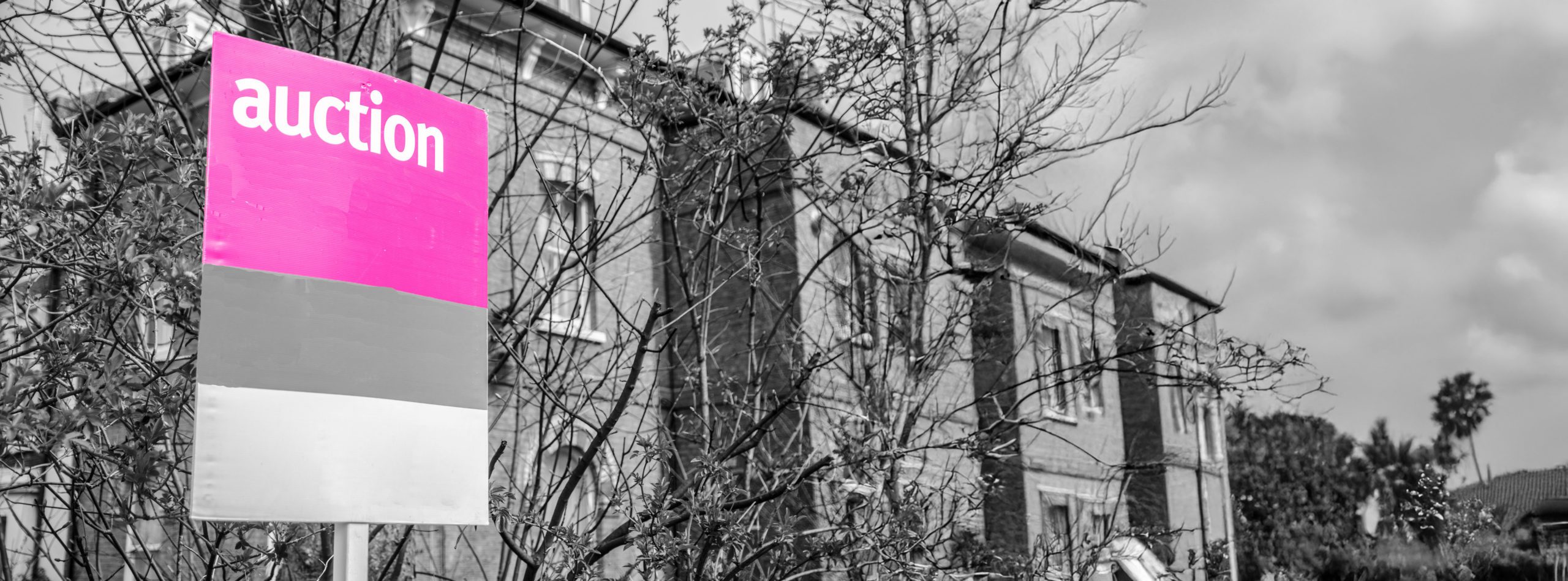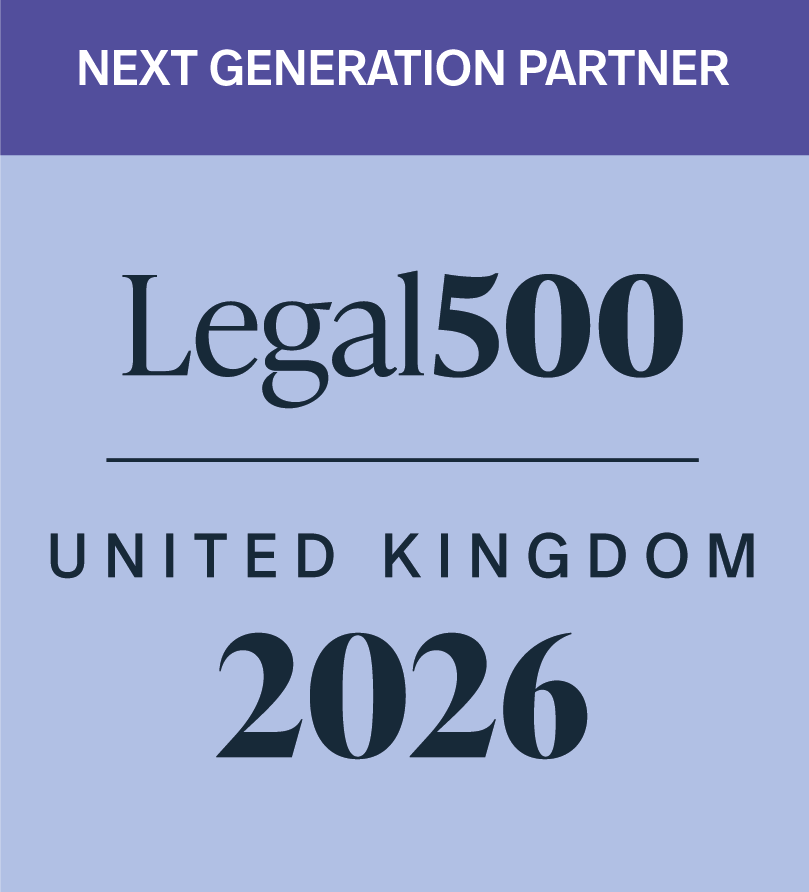August is Make a Will month …
While most people will be focusing on why you should make one, Sarah Lamb from Fraser Dawbarns, examines this from the other angle and highlights some reasons why you shouldn’t die without one.
Many people have time to plan for the end of their lives following a medical diagnosis or due to advancing age, but every year some younger people die without a Will in place, and frequently with unforeseen consequences. Some of the most high-profile examples of this are in the music world. Jimi Hendrix, Kurt Cobain and Amy Winehouse all died at the age of 27, in 1970, 1994 and 2011 respectively. Their estates were reportedly worth $80 million, $450 million and $4.6 million. Their lack of planning resulted in complications, heartache and large legal bills for those they left behind.
Discover more about our Will making services
If you die without a Will this is known as dying ‘intestate’. Some of the consequences can be as follows.
– The UK intestacy rules will dictate how your assets are divided up. The starting point currently is that your surviving spouse or civil partner would inherit all of your personal possessions and the first £322,000 of your estate. If you have children, the remaining estate is divided equally between your spouse and children. If you have no spouse or civil partner, your estate would be divided between children, parents, siblings or other relatives in a specific order of priority. If you are married or in a civil partnership without children, then your surviving spouse would inherit the entire estate. The rules can vary slightly between England, Wales, Scotland and Northern Ireland.
– Unmarried partners, step-children, friends or charities would generally receive nothing.
– If you die leaving children who are still minors, the court will decide who becomes their guardian. This could have unforeseen consequences and if you and the children’s other parent died at the same time, you would have lost the opportunity to nominate someone you trust and who shares your values. There would also be no opportunity to set up trusts for children under the age of 18 or to make conditional gifts, for instance not allowing someone to inherit until they had completed a certain level of education.
– If you own a business and die intestate, this can lead to confusion about what happens to the business.
– Dying intestate will also mean that you forgo the opportunity for tax planning to minimise Inheritance Tax, if your assets are sufficient for this to be an issue. This is even more likely to become an issue from April 2027 if the government’s proposed changes to bring people’s pensions into their estate for tax purposes are adopted.
– Without clear instructions, family members may disagree over your intentions, leading to disputes, legal battles or relationship breakdown. This might particularly apply to sentimental items such as family heirlooms or a cherished pet.
– The probate process is often slower and more complicated if there is no Will. The Courts must appoint an administrator (often a close relative) to manage your estate, which can cause disputes or delays. This in turn can increase the cost for your estate and reduce what your heirs receive.
At Fraser Dawbarns we like to work with clients of all ages who recognise that they should have an up-to-date Will. However, we do also have the expertise to help those who may be left not properly provided for if someone dies intestate. Please contact us for further information or to discuss your individual circumstances.
How To Contact Us:
To contact a member of our team, you can fill in our online enquiry form, email info@fraserdawbarns.com, or call your nearest office below. If you’d like to speak to a member of our team at one of our offices across Norfolk and Cambridgeshire, visit our offices page.
Wisbech: 01945 461456
March: 01354 602880
King’s Lynn: 01553 666600
Ely: 01353 383483
Downham Market: 01366 383171
This article aims to supply general information, but it is not intended to constitute advice. Every effort is made to ensure that the law referred to is correct at the date of publication and to avoid any statement which may mislead. However, no duty of care is assumed to any person and no liability is accepted for any omission or inaccuracy. Always seek advice specific to your own circumstances. Fraser Dawbarns LLP is always happy to provide such advice.
Related Articles
Recommended By The Legal 500 Directory*
*We are recommended for the following practice areas: Corporate and Commercial, Debt Recovery, Employment, Personal Injury: Claimant, Agriculture and Estates, Contentious Trusts and Probate, Family, Personal Tax, Trusts and Probate & Commercial Property.
ServicesContact















